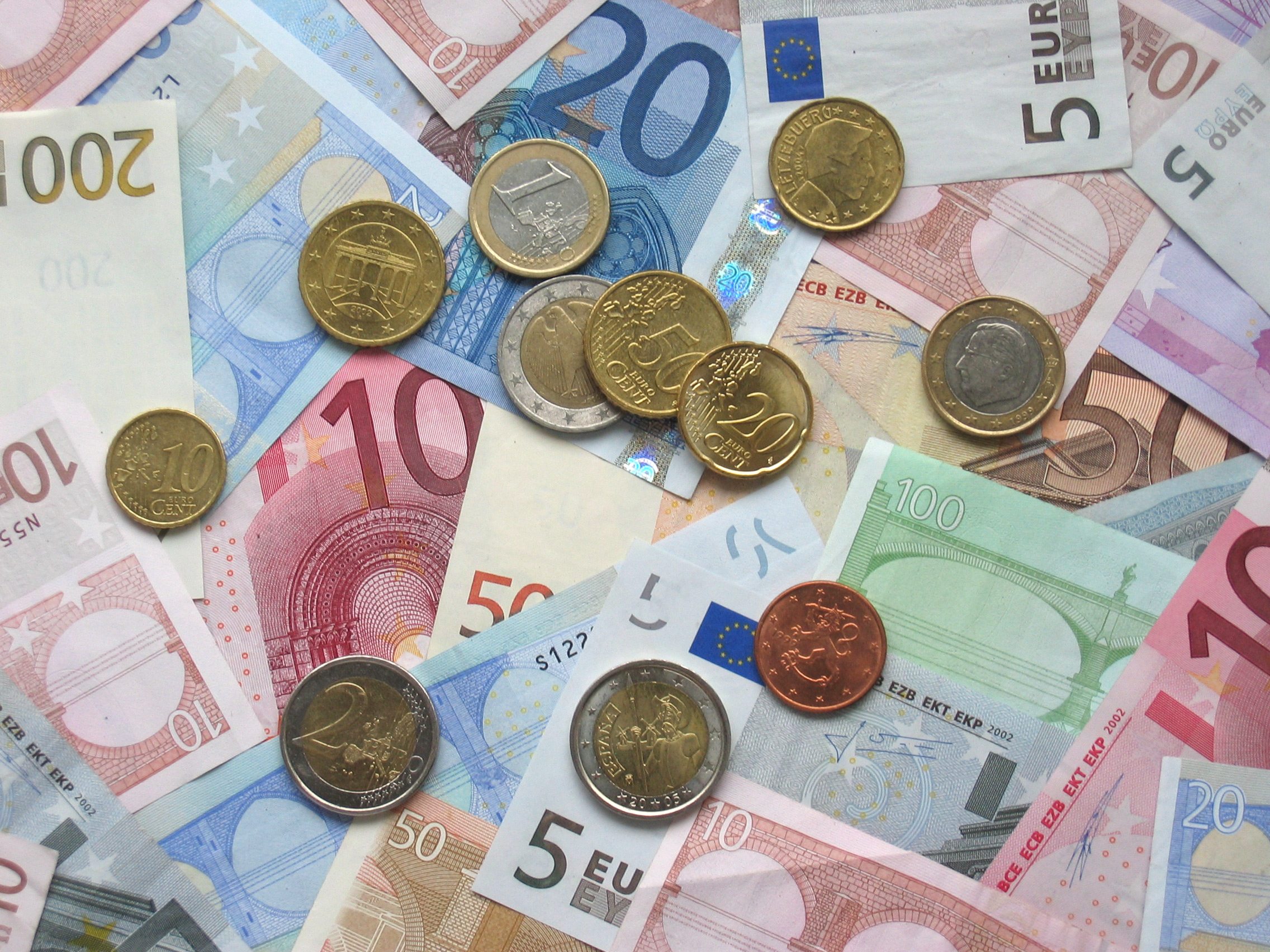The European Single Currency, euro, slumped on Wednesday, May 9, to a new 2018 low as more investors bet on the dollar rising because of relatively higher interest rates, while concerns about the U.S. exit from an international nuclear deal with Iran also supported the greenback.
The euro fell 0.3 percent to $1.1828 versus the dollar, bringing its year-to-date losses to 1.4 percent.
The euro has already lost 2 percent of its value in May as investors betting on a falling dollar were caught out and rushed to cover their positions, further pushing the greenback higher.
While there was talk of investors seeking out safe havens on Tuesday ahead of U.S. President Donald Trump’s announcement of a withdrawal from the nuclear deal, on Wednesday the Swiss Franc barely budged versus the euro and the Japanese yen fell to a one-week low as the dollar gained half a percent.
Trump’s decision to exit the accord was most keenly felt in oil markets, where prices rallied.
Analysts said the three-week long rally for the U.S. currency, in which it has reversed several months of weakness, showed little sign of abating.
“It’s a continuation of what we have been witnessing for the past few weeks,” said Christin Tuxen, FX strategist at Danske Bank. “There might have been a bit of safe haven flows but overall it’s to do with the U.S. holding a favourable cyclical position.”
U.S. Treasury rates have crept higher in recent weeks on expectations the Federal Reserve will tighten policy to combat inflation amid a huge government injection of fiscal stimulus under Trump.
Forecasts for rising rates in the euro zone, by contrast, are being pushed back. Euro zone money markets now price roughly a 75 percent chance of a 10 basis point hike from the European Central Bank by mid-2019, scaling back bets on a rate rise given a softening in economic data and inflation.
Worries about political uncertainty in Italy, which faces fresh elections, is also weighing on the single currency.
Sentiment towards the euro cooled after Italian President Sergio Mattarella’s call to bickering political parties to rally behind a “neutral government” were met with immediate opposition and raised the prospect of elections being held as early as July.
“The dollar is in a firm position to gain against its European peers as rhetoric from central banks such as the ECB and the Bank of England is perceived to have turned dovish,” said Shin Kadota, senior strategist at Barclays in Tokyo.
The Swiss franc, traditionally a safe-haven currency, fell 0.2 percent versus the dollar but gained 0.1 percent against the euro. It had hit a three-week high against the euro on Tuesday.
The Australian dollar extended its overnight slide to touch an 11-month low of $0.7415, Reuters reports.












